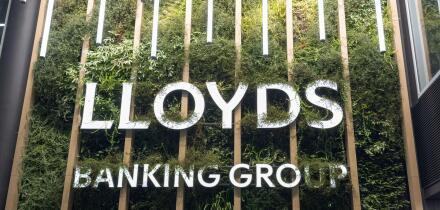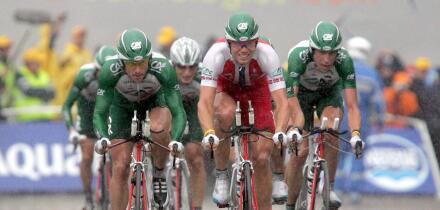Land NRW finishes 2020 funding amid overwhelming demand

barbol - stock.adobe.com
The German State of North Rhine-Westphalia came to market on Monday for its final benchmark bond issue of 2020 — a €2.4bn sustainability bond. Although NRW is winding up this year's funding, there are still plenty of deals in the pipeline from its fellow Laender.
Unlock this article.
The content you are trying to view is exclusive to our subscribers.
To unlock this article:
- ✔ 4,000 annual insights
- ✔ 700+ notes and long-form analyses
- ✔ 4 capital markets databases
- ✔ Daily newsletters across markets and asset classes
- ✔ 2 weekly podcasts






